
If you’ve followed our visits to CES over the past several years, you know how much Paul and I enjoy spending time in Eureka Park. It’s off the beaten CES path, housed in the very unimpressive Venetian Expo Center. Unlike the glitzy, over the top, multi-million dollar exhibits throughout the Las Vegas Convention Center, Eureka Park is low-key, bare bones, and modest. It’s the perfect startup proving ground.
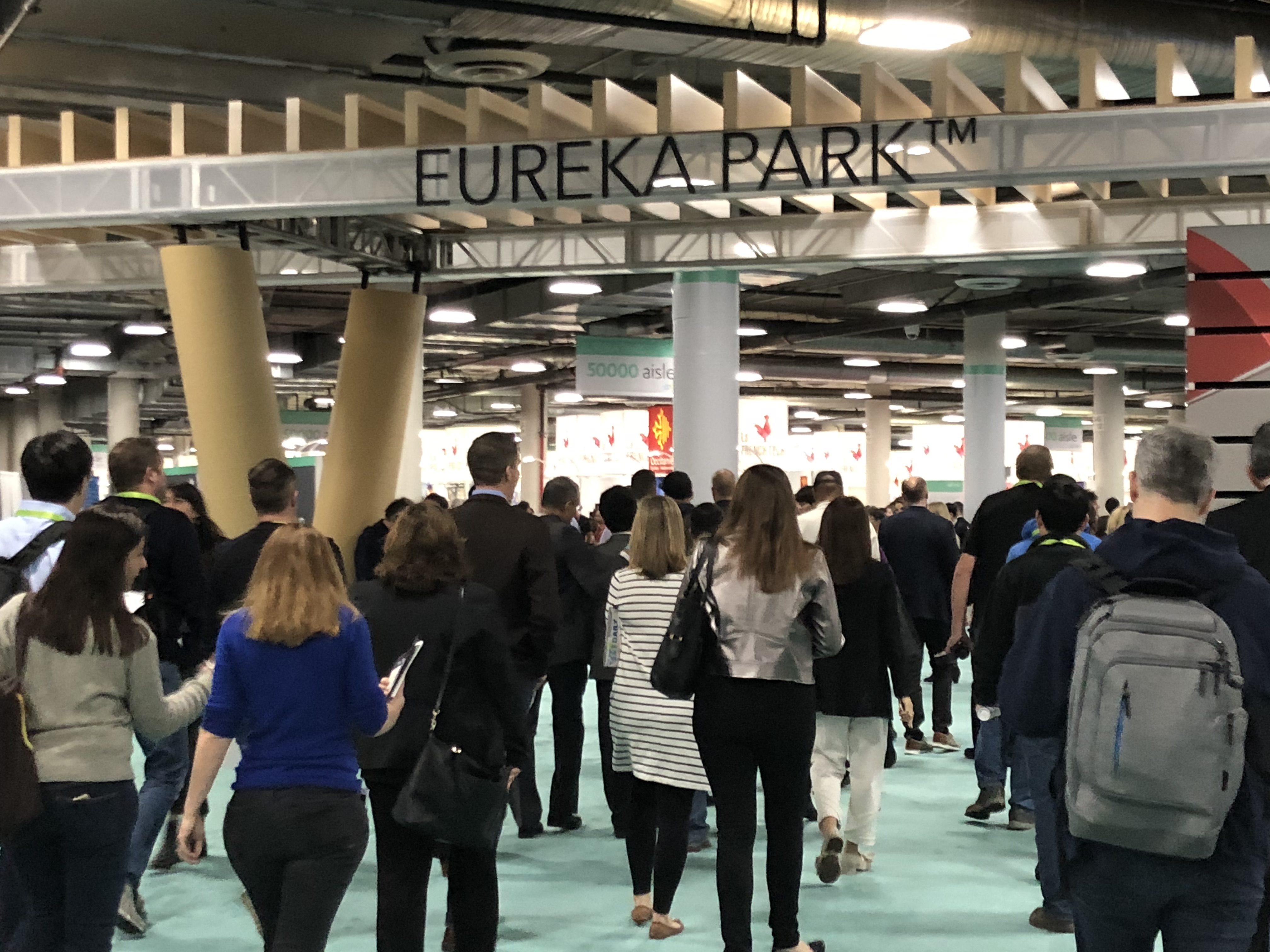 And that’s why bootstrap entrepreneurs are so appealing and necessary. Eureka Park is the chance for the “little guy” or “gal” to show off their innovative genius. Well more than 1,000 inventors are on display. And while it’s often hit and miss, we always end up bumping into some truly cool inventions, concepts, and dreams.
And that’s why bootstrap entrepreneurs are so appealing and necessary. Eureka Park is the chance for the “little guy” or “gal” to show off their innovative genius. Well more than 1,000 inventors are on display. And while it’s often hit and miss, we always end up bumping into some truly cool inventions, concepts, and dreams.
That’s why the idea of supporting startups is so important – so those who may have less access to capital or mentorship have an opportunity to chase their ideas, and perhaps have a breakthrough that could benefit us all.
On the journalistic side of the media spectrum, there’s never been a greater need for trustworthy reporting that serves all the communities in this country. On the one hand, we have a surplus of media outlets – cable news, social media, podcasts, news radio – and yet, more people distrust the news they’re getting.
Fortunately, the Knight Foundation has been tracking this issue of media trust – over time. The trendline isn’t pretty, but it probably won’t surprise you. A jaundiced eye has increasingly become a key asset in evaluating what we see, hear, and absorb. Despite technology, the Internet, and exponential sources, trust in news media is at an all-time low:
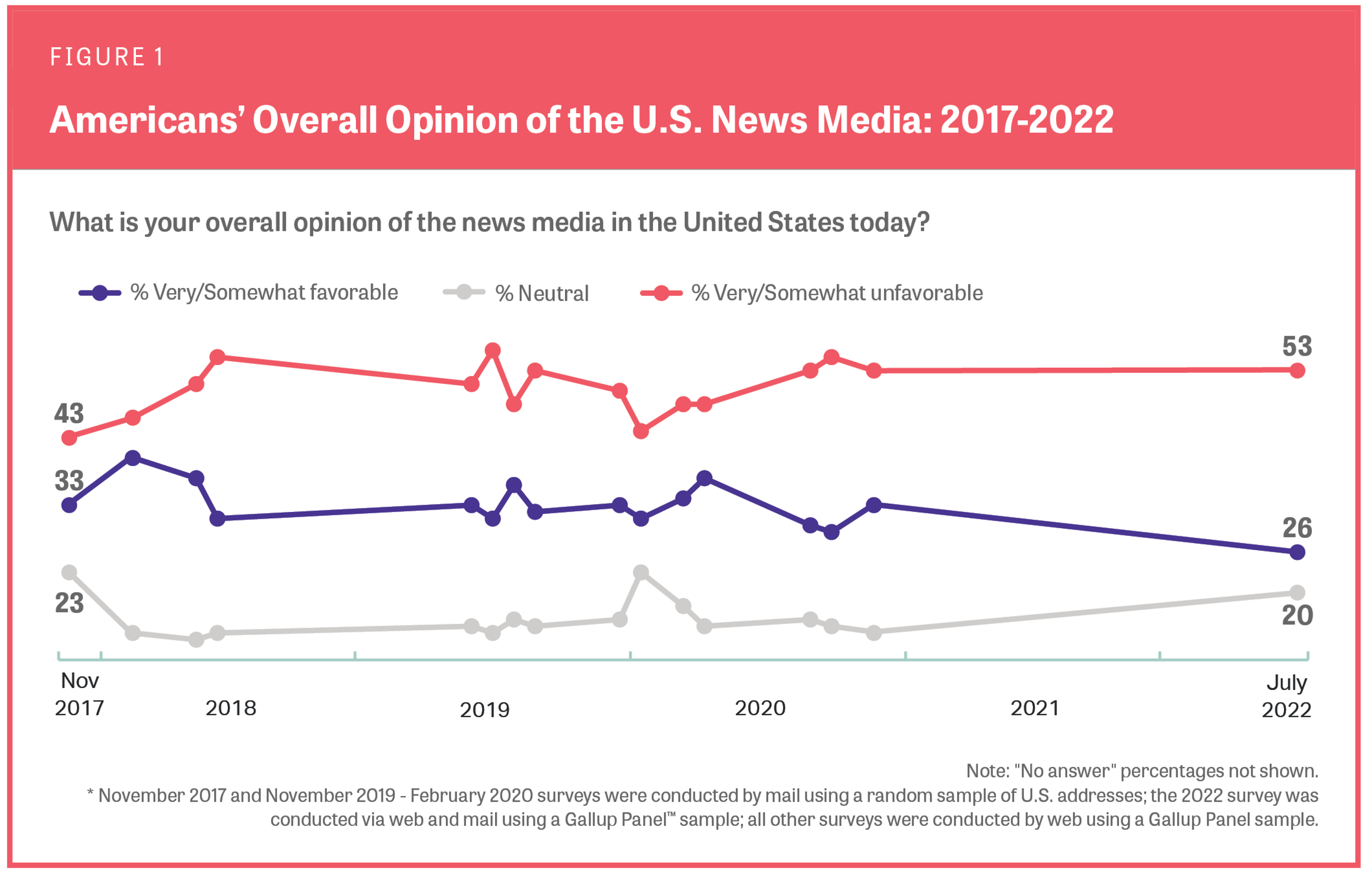
To add to that, newspapers – especially in small markets – are folding. In America in 2023, there are “news deserts” where people get scant coverage of their communities. And while those of us who live in prosperous areas have many media options from which to choose, there are many cities, towns, and rural areas that are underserved.
So, how do we as a society overcome the obvious barriers and roadblocks that prevent journalism from sprouting in these communities? Covering the news,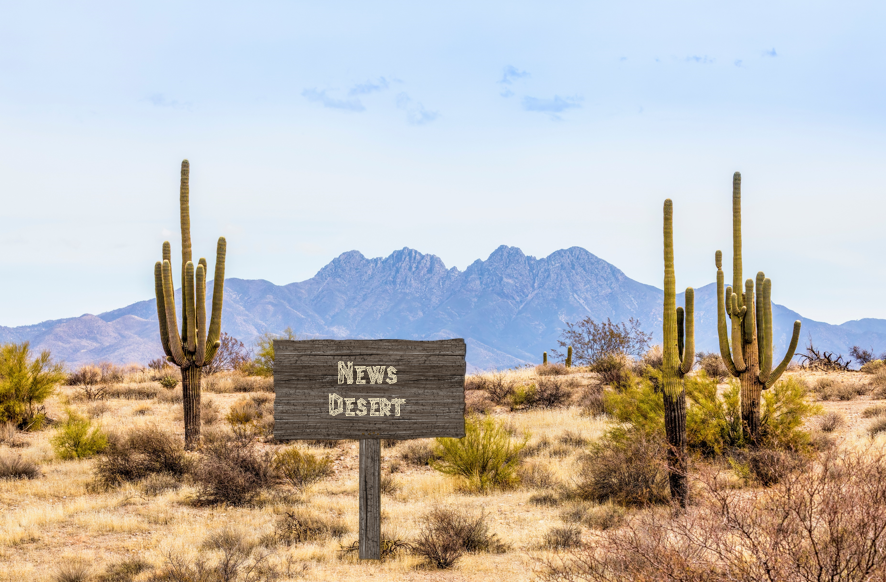 especially at the hyper-local level, is expensive and arduous. How can innovation be applied to these problems and challenges in order to promote better outcomes?
especially at the hyper-local level, is expensive and arduous. How can innovation be applied to these problems and challenges in order to promote better outcomes?
Let’s face it. It takes not only money, but the motivation to apply it to the best, most innovative thinkers and doers. So, I have good news and bad news on this front.
The former is that there’s an upcoming competition that many groups and companies can participate in that will split $130,000 this year. It’s an exciting venture Jacobs Media will play a role in that provides much needed support to those who need it most.
Now for the bad news. Tomorrow – Friday February 17th at midnight PT – is the application deadline.
I know, I know. It’s super-tight. We just found out about the Next Challenge for Journalism and Media this week ourselves.
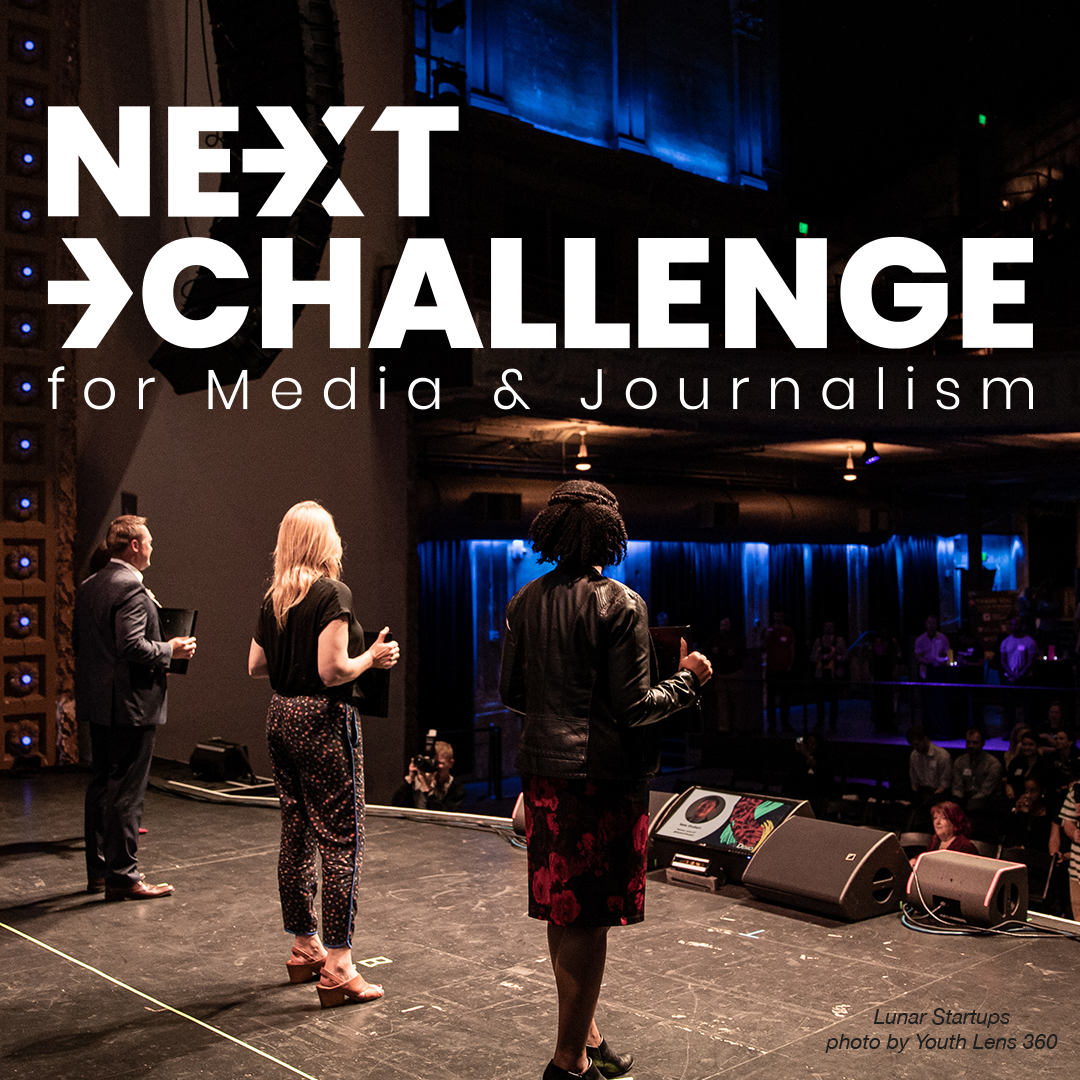
A little better news? The application is a 15-minute process that gives you an opportunity to pull things together in the next several weeks. This doesn’t mean your innovation has to be a drawing on the back of a cocktail napkin. In fact, it may be something already up and running. As long as it isn’t making too much money, you could qualify.
There are great FAQs on the Next Challenge website that should clear up any questions, along with the application itself. Paul and I will be mentoring and/or judging as Next Challenge moves through its phases.
The LinkedIn post below includes a short video featuring last year’s winners and insights into what connected in 2022.
Who’s putting this together? It’s Twin Cities-based American Public Media Group – or as you’ve no doubt heard on the radio, APM. They own public radio stations in Minneapolis/St. Paul and Los Angeles, and they produce that great program about money and finance, “Marketplace.” APM also works with BBC News to bring its award-winning journalism to America in the form of “BBC News Hour” and “BBC World Service” (which many U.S. stations run during their overnight hours).
The guy behind Next Challenge is Jeff Freeland Nelson, executive director of Glen Nelson Center at American Public Media. Jeff is passionate about this initiative, noting this competition is “an example of the kind of innovation you see happening in public media.” And come to think of it, this kind of thing isn’t happening on this scale anywhere else in the radio community.
Who writes the checks to Next Challenge’s winners? It’s an impressive array of funders who are behind this effort to innovate media and journalism. Note the aforementioned Knight Foundation is one of the principal players:

As you know, we are strong believers in innovation as a way to solve many of the media challenges and dilemmas. When it comes to news and journalism, the need is even greater if our society wants to be informed, inclusive, and independent. The last few years have taught us there are no sure things when it comes to the political and social landscape. Despite the proliferation of media outlets and access, misinformation has never posed a greater barrier to our country.
At Jacobs Media, our work in public media has increased substantially, accelerating since the pandemic. Our 14 Public Radio Techsurveys have provided a trendable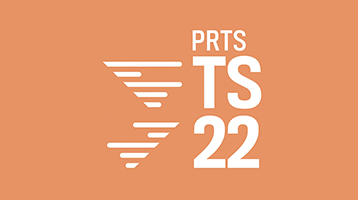 template measuring the role of public radio in this all-important process. We have interviewed tens of thousands of American news consumers these past few years – online, in-person, and virtually, giving us a better understanding of how consumers view the problems and the possibilities.
template measuring the role of public radio in this all-important process. We have interviewed tens of thousands of American news consumers these past few years – online, in-person, and virtually, giving us a better understanding of how consumers view the problems and the possibilities.
Paul and I are truly jazzed about the possibilities for Next Challenge in this new year. We hope to have a role in the mentoring process, sharing our experience over the decades. But selfishly, we also hope to learn a great deal about where news gathering and dissemination are heading in these uncertain times.
Last year, 265 media startups participated in this competition. This year, Next Challenge promises to be a way for innovative journalists, technologists, and inventors to put their concepts into motion.
If you’re got something cooking, up and running, or just scratched out on a legal pad, take 15 minutes and get an application into Next Challenge. We are hopeful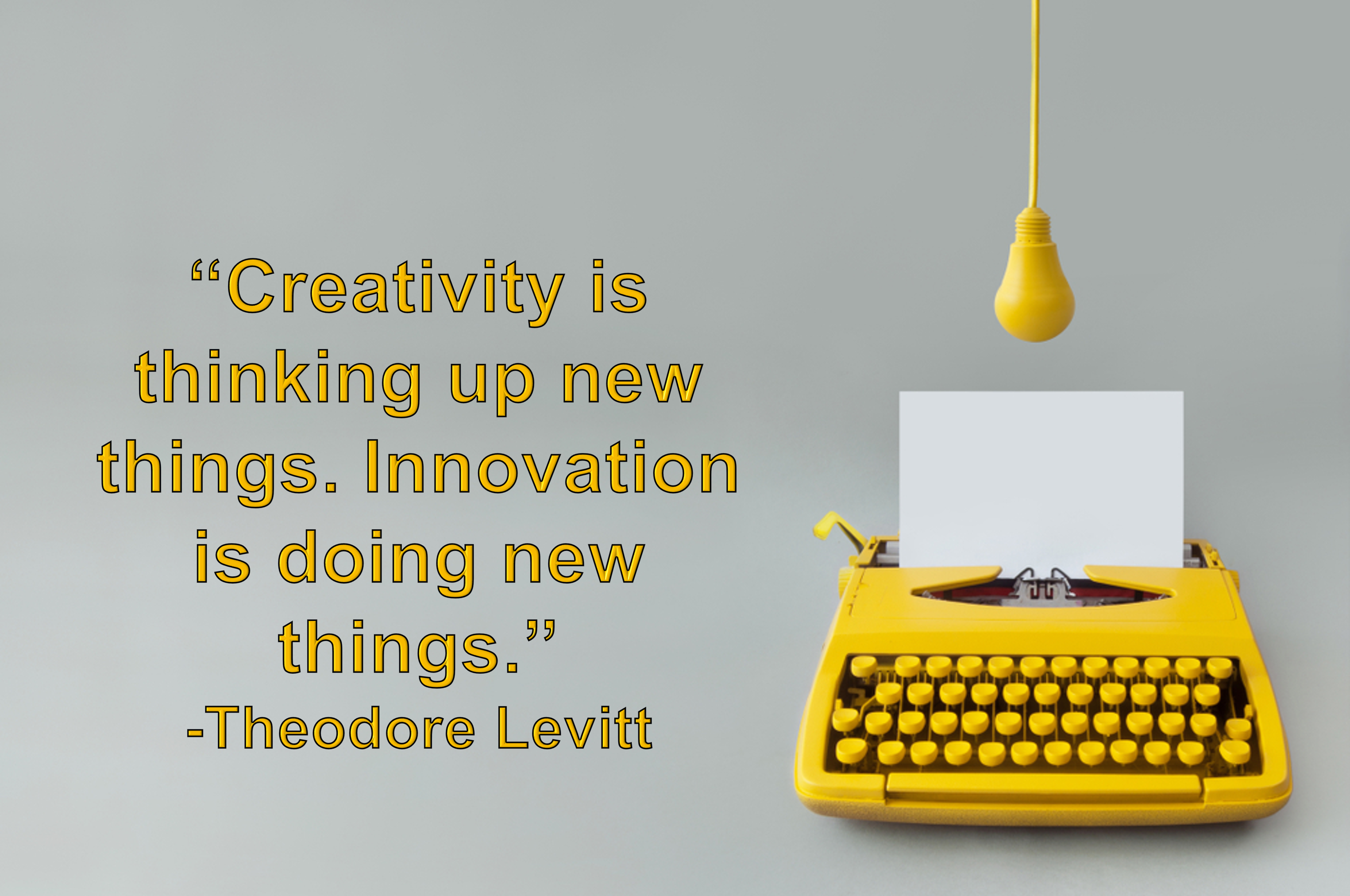 solutions will come from the ground up, rather than top down.
solutions will come from the ground up, rather than top down.
The deadline is tomorrow, February 17th at midnight PT.
The Next Challenge website is here.
The Next Challenge FAQ is here.
The Next Challenge application is here.
Access the Knight Foundation’s “American Views 2022: Part II, Trust, Media, & Democracy”
Special thanks to Sky Daniels for always feeding my head.
- Media And Technology In 2025: Believe It Or Not! - April 18, 2025
- In Radio, You Just Never Know - April 17, 2025
- The Secret To Making A Great Podcast (And Great Radio) - April 16, 2025




And yet the most innovative media concept since “talk radio” is still hidden and suppressed by “Big Tech,” the Action Radio Citizen Legislature. When we do get our long overdue coverage, the world of media, and politics, will go through a fundamental change. Think of when silent movies went to “talkies.” That’s what I’m talking about.
BlogTalkRadio.com/citizenaction
Greg, good to hear from you.